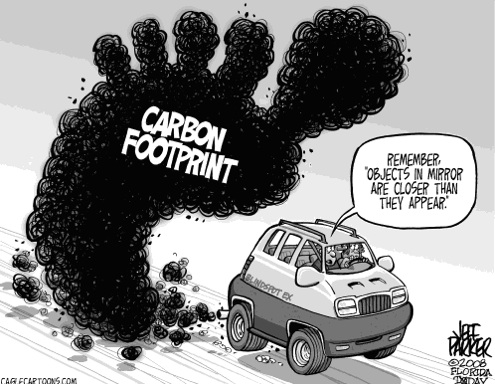The Rocky Road to Globalization
Can we make the same carbon emissions demands on developing countries that we make on mature economies?
Karl Ritter and Seth Borenstein write: Attempts to inscribe a long-term goal to phase out carbon emissions in an envisioned global climate pact are facing pushback at U.N. talks from big developing countries including India and Brazil.
Negotiators from both countries said Wednesday they favor sticking to the already established goal of limiting global warming to 2 degrees C (3.6 degrees F) above pre-industrial times — a level that scientists say could avoid the worst impacts of climate change.
A joint Brazilian-German declaration in August that backed a “decarbonization of the global economy” while noting that some countries will need financial and technological help to make the transition to cleaner energy.
The long-term goal is one of the issues that split the larger group of developing countries in the climate talks. Oil-rich Saudi Arabia opposes wording calling for a phase-out of carbon emissions, while small island nations that face an existential risk from rising seas are among the strongest advocates. China has largely stayed silent..
Speaking at a NATO conference in Brussels, U.S. Secretary of State John Kerry said he thought the climate talks “got off to an encouraging start” with 150 world leaders — the biggest ever gathering of heads of state and government — attending the opening day. Kerry is expected to join the meeting next week.
However, the talks have made little progress after the leaders left.

